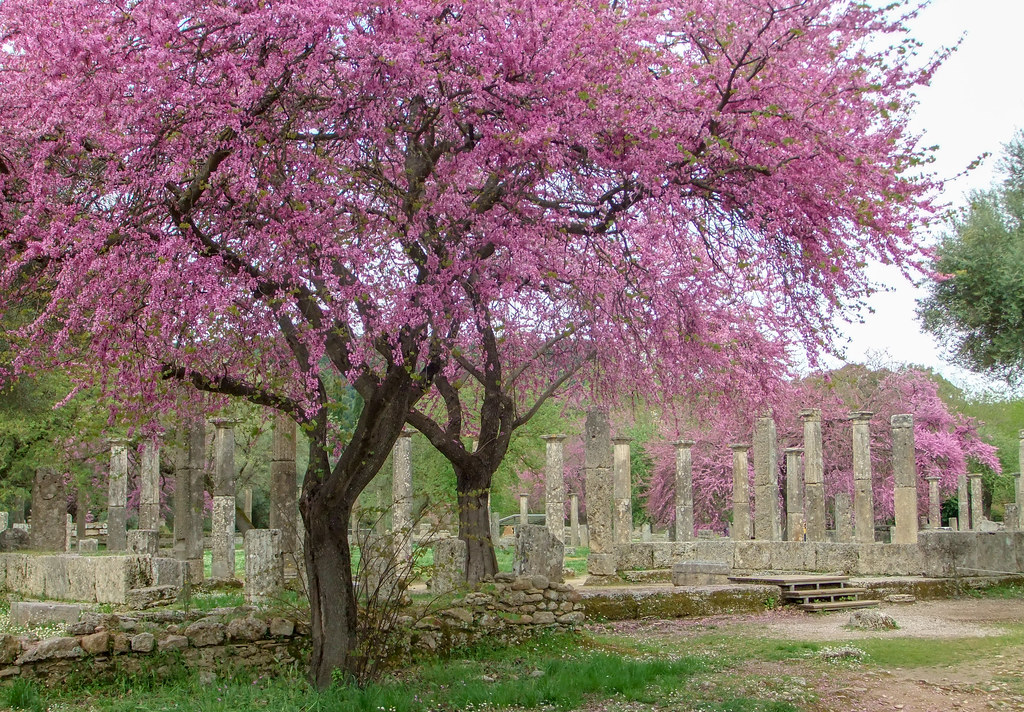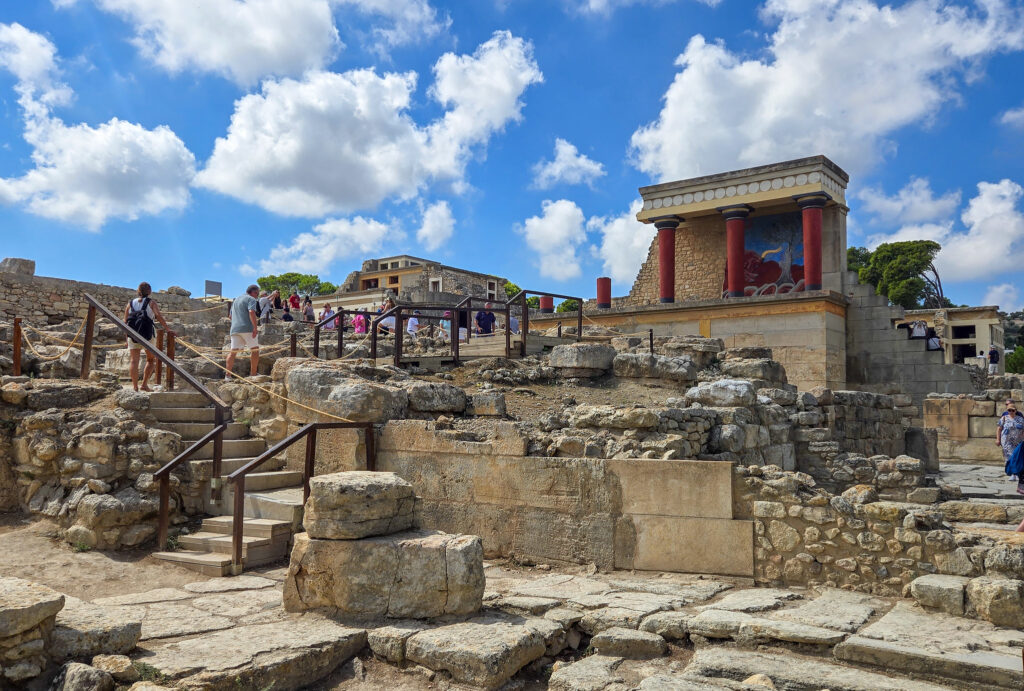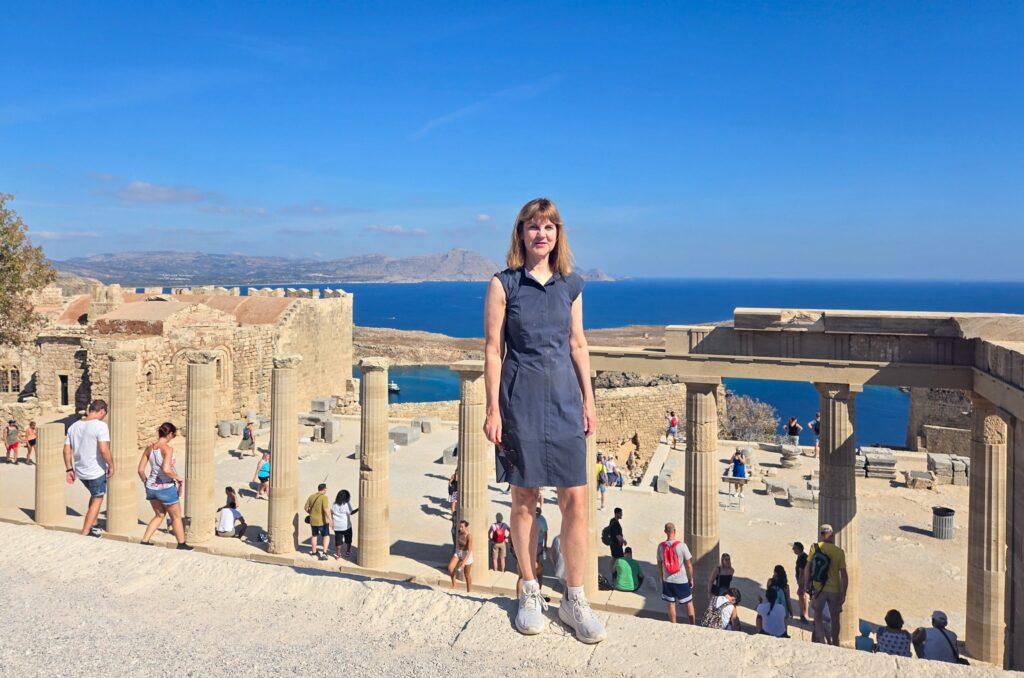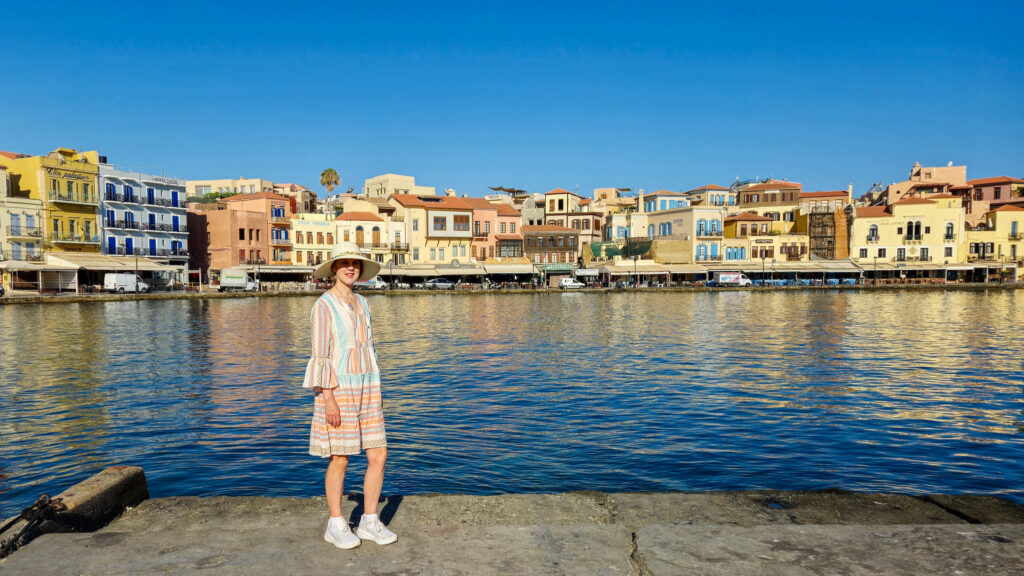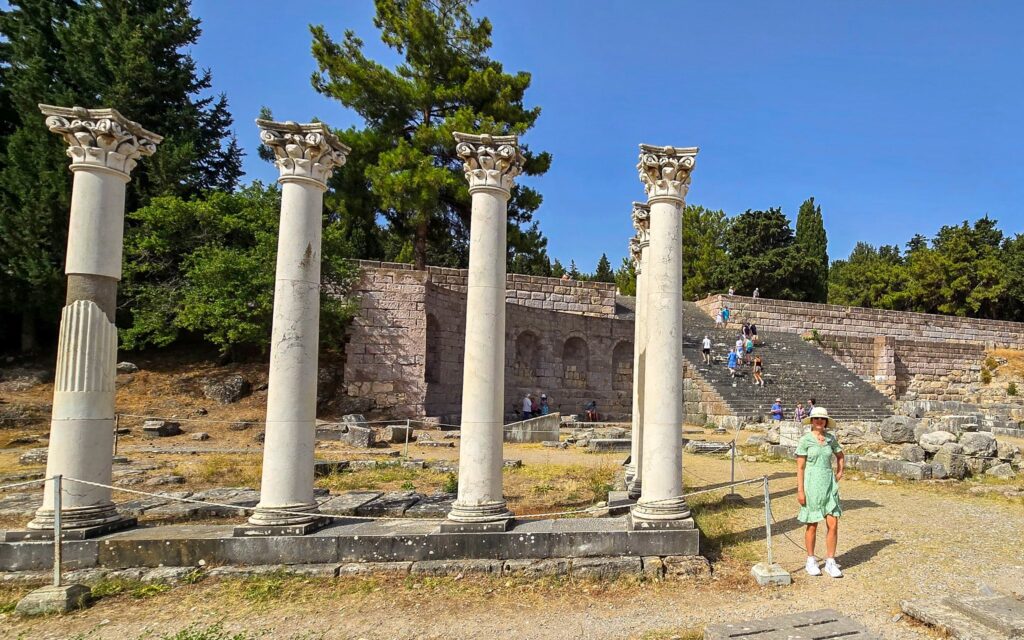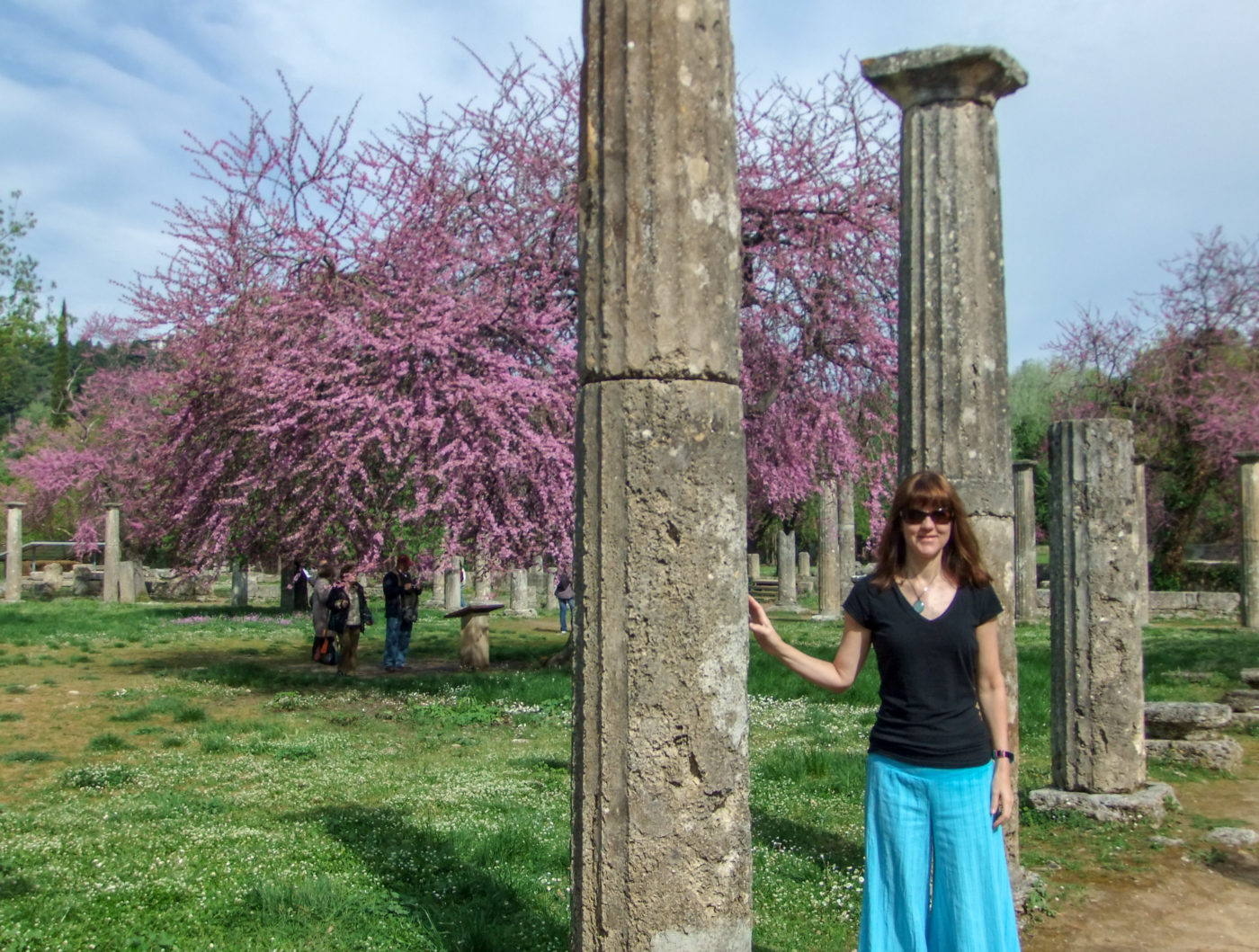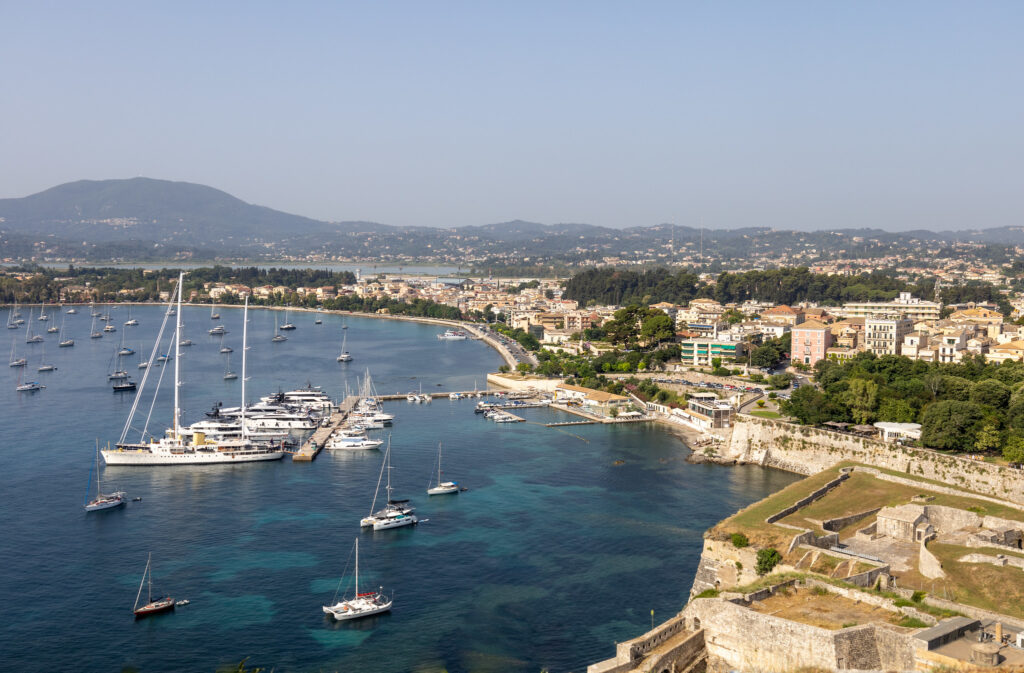About Greece
The southeast European country, Greece, lies on the southern tip of the Balkan peninsula. The Ionian Sea lies to the west, Aegean Sea to the east and the Mediterranean to the south. The capital city is Athens and currency is the Euro. The Parthenon in Athens is the most important icon of Classical Greece. Below, I included my Greece Travel Guides for tips on travelling in this amazing country.
Greece also includes 1200 – 6,000 islands, with 227 inhabited. The islands are grouped into clusters. The Cyclades lies in the Aegean Sea. The Argo-Saronic Islands lie in the Saronic Gulf near Athens. Other groups include the North Aegean Islands off the coast of Turkey and the Sporades. Each island has it’s own unique charm and historical significance. For example, one of the most well-known is Santorini, making up one of the top 5 largest calderas in the world. Mykonos holds the reputation as one of the biggest party islands with stunning beaches. Crete is the largest island and the origins of the Minoan civilization.
Greece is the cradle of Western Civilization as the birthplace of democracy, western philosophy, literature and medicine. After the collapse of the Mycenean civilization, the Greek Dark Ages lasted until 776 BC, the year of the first Olympics. The Iliad and Odyssey were composed by Homer in the 7th or 8th centuries BC.
Philip II of Macedonia and his son, Alexander the Great united most of Greece in the 4th Century BC. Later, the Hellenistic Period marked the height of Greek culture in antiquity. Greece became annexed with Rome in 200 BC and later the Byzantine Empire and Ottoman Rule. The Greek Orthodox Church started in first century AD, shaping Greek identity. Following a war of independence in 1821, Greece became a modern nation state. After years as the Kingdom of Greece, democracy restored in 1974 – 75.
Greece Travel Guides
Minoan Palace of Knossos and Heraklion Archeological Museum Sightseeing Guide
Knossos and the Heraklion Archeological Museum takes you to the roots of the first European civilization. They comprise the largest Minoan archeological site…
Historic Rhodes, Greece 2-Day Itinerary – Medieval City and Acropolis of Lindos
Rhodes is the perfect getaway for natural beauty, beaches and historic landmarks. It preserves 2 amazing World Heritage Sites at the Medieval City…
Fascinating Chania, Crete Old Town Walking Tour
As one of the most popular destinations in Crete, Chania is a cultural gem of the Mediterranean. Its Old Town is compact, yet…
Kos, Greece Hippocrates Tour to Asclepieion and Kos Town Highlights
The beautiful Greek Island of Kos is the birthplace of Hippocrates, “Father of Medicine.” Anyone interested in the art of healing will find…
Incredible Olympia, Greece Ruins Tour in Springtime – Birthplace of the Olympics
Olympia is one of the most significant archeological sites in Greece. One can easily imagine the original Olympics when wandering among the columns…
A Splendid Day in Corfu, Greece at Achilleion Palace, Corfu Town and Beach
Colorful Corfu is a Greek island with amazing culture, natural beauty and beaches. As an Acupuncturist-at-Sea, I spent my time off here and…

